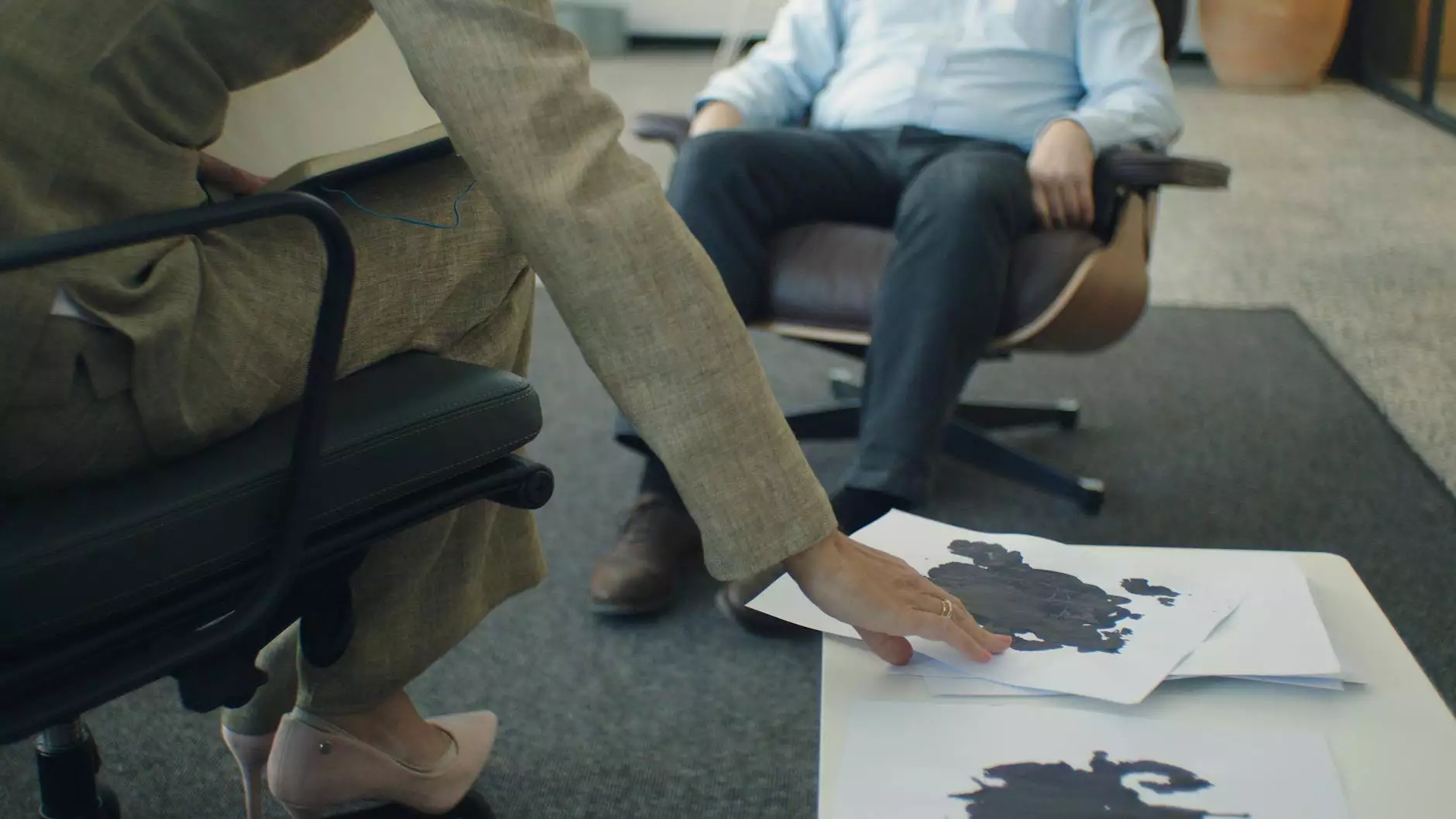How to Own Up to Mistakes You've Made at Work
Career
Introduction
Welcome to Agile Talent Inc, a leading provider of consulting and analytical services in the business and consumer services industry. In this article, we will guide you on how to effectively own up to the mistakes you have made at work. Taking responsibility for your actions is an important skill in the professional world and can lead to personal growth, improved relationships with colleagues, and increased trust from your superiors.
Understanding the Importance of Accountability
Accountability is crucial in any work environment. It showcases your integrity and demonstrates that you are a reliable and trustworthy employee. By acknowledging your mistakes, you are not only taking responsibility for them but also showing that you are committed to learning from them and improving yourself professionally.
Recognizing Your Mistakes
It's important to be self-aware and recognize when you have made a mistake. Reflect on your actions and assess the impact they have had on your work, colleagues, and the overall progress of the project or task. By acknowledging your mistakes, you are paving the way for growth and improvement.
Taking Immediate Action
Once you have recognized your mistakes, it is crucial to take immediate action to rectify the situation. This may involve addressing the issue with your supervisor, apologizing to affected parties, or finding solutions to mitigate any negative consequences caused by your actions. By being proactive, you demonstrate your commitment to resolving problems and maintaining a positive work environment.
Embracing Open Communication
Effective communication is key when owning up to your mistakes. Approach your supervisor or relevant colleagues in a respectful and honest manner. Clearly express what went wrong, why it happened, and the steps you plan to take to prevent similar errors in the future. By embracing open communication, you foster trust and show that you are willing to collaborate to find solutions.
Learning from Mistakes
Mistakes provide valuable learning opportunities. Analyze the root causes of your errors and develop strategies to prevent them from recurring. Take the time to reflect on the lessons you have learned and apply them to your future work. By actively learning from your mistakes, you showcase your commitment to personal growth and continuous improvement.
Seeking Support and Guidance
It's important to remember that everyone makes mistakes, and seeking support and guidance from your colleagues and superiors can help you navigate challenging situations. Reach out to individuals you trust and respect for advice on how to effectively address the mistake and learn from it. By seeking support, you demonstrate humility and a willingness to collaborate with others.
Providing Solutions
Alongside owning up to your mistakes, it is essential to provide potential solutions to rectify the situation. This shows that you are committed to finding resolutions and preventing similar errors in the future. By actively contributing to problem-solving, you demonstrate your ability to think critically and take proactive measures to improve the work environment.
Building Trust and Reliability
Owning up to mistakes is a powerful way to build trust and reliability within your professional relationships. By taking responsibility for your actions, you show that you are dependable, accountable, and committed to personal growth. Trust is essential in a workplace setting and can lead to increased opportunities and career advancement.
Conclusion
In conclusion, owning up to mistakes is a crucial aspect of professional growth and development. By recognizing your errors, taking immediate action, embracing open communication, learning from your mistakes, seeking support, providing solutions, and building trust, you can navigate the professional world more effectively. Agile Talent Inc is here to support you in your journey by offering top-tier consulting and analytical services in the business and consumer services industry. Remember, owning up to mistakes demonstrates your integrity, commitment, and willingness to learn – qualities that are highly valued in any workplace.










